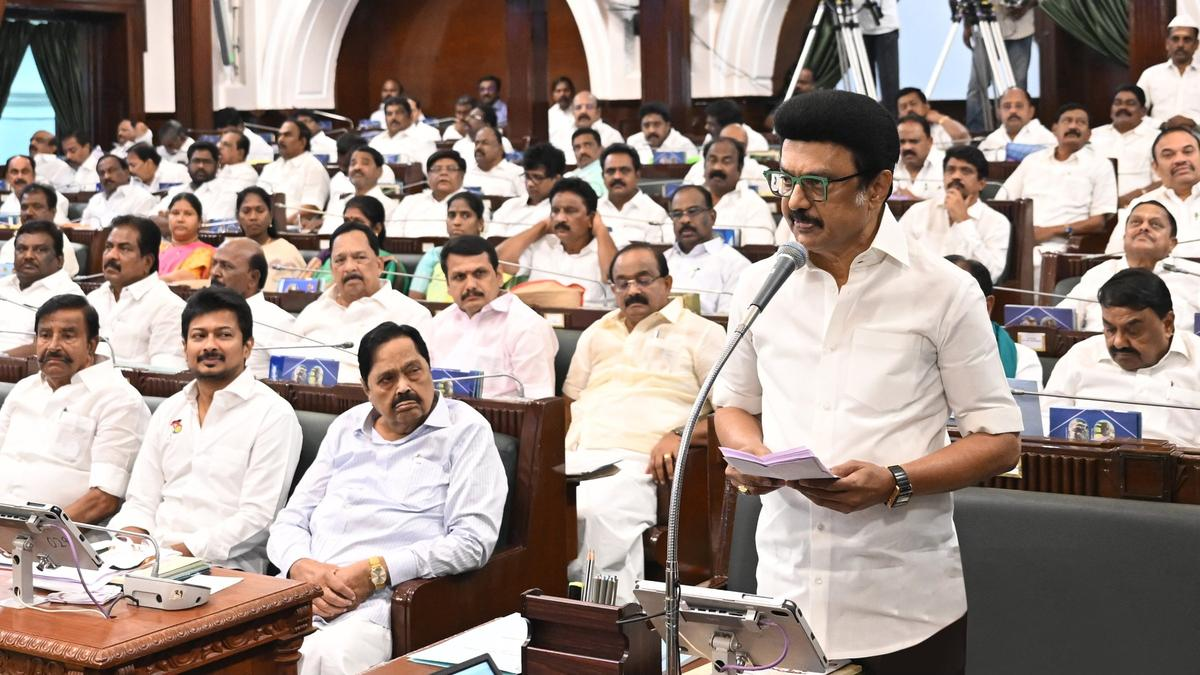



Tamil Nadu Assembly urged the Centre to reclaim Katchatheevu Island from Sri Lanka. Though India ceded it in 1974, unclear fishing rights have led to frequent arrests of Tamil fishermen. A solution could involve talks, international legal action, or joint management to ensure peaceful, traditional fishing access for both nations.

Copyright infringement not intended
Tamil Nadu Legislative Assembly unanimously adopted a resolution, urging the Union government to take steps to recover the Katchatheevu island.
It is a small island in the Palk Strait, between India and Sri Lanka. It is about 285 acres in size and lies northeast of Rameswaram (a town in Tamil Nadu) and southwest of Jaffna (a city in northern Sri Lanka).

Sri Lanka currently owns Katchatheevu Island. The dispute started because, historically, both India and Sri Lanka claimed the island. In the early medieval period, the Jaffna Kingdom of Sri Lanka controlled it. Later, during British rule, the zamindars (landowners) of Ramnad (in Tamil Nadu) leased the island.
In 1974, India and Sri Lanka signed an agreement called the Indo-Sri Lankan Maritime Agreement . However, the agreement allowed Indian fishermen to visit the island.
The problem is that Sri Lanka interprets this agreement differently. They say Indian fishermen can only rest and visit the shrine—not fish freely. This has caused tension between the two countries.
Indo-Sri Lankan Maritime Agreement 1974
Under the agreement, India handed over Katchatheevu Island to Sri Lanka. The agreement says: Indian fishermen can still visit Katchatheevu for traditional purposes like resting, drying nets, and visiting the Catholic shrine. However, it does not clearly mention fishing rights.
Later, in 1976, another agreement banned fishing in each other’s Exclusive Economic Zones (EEZs). Katchatheevu lies near the edge of these zones, so it remains a confusing area for fishermen.
|
Tamil Nadu fishermen want Katchatheevu back because it is rich in marine resources. For centuries, they have fished in its waters. After the 1974 agreement, Sri Lanka started arresting Indian fishermen who entered their waters. |
India and Sri Lanka might hold talks to clarify the fishing rights of Tamil fishermen near Katchatheevu.
Some leaders in Tamil Nadu suggest taking the issue to international courts to reclaim Katchatheevu.
India and Sri Lanka could agree to jointly manage the island, to allow fishermen from both countries to use its resources peacefully.
Source:
|
PRACTICE QUESTION Q. Critically analyze the environmental consequences of bottom trawling and its contribution to the India-Sri Lanka fishing conflict. 150 words |









© 2025 iasgyan. All right reserved